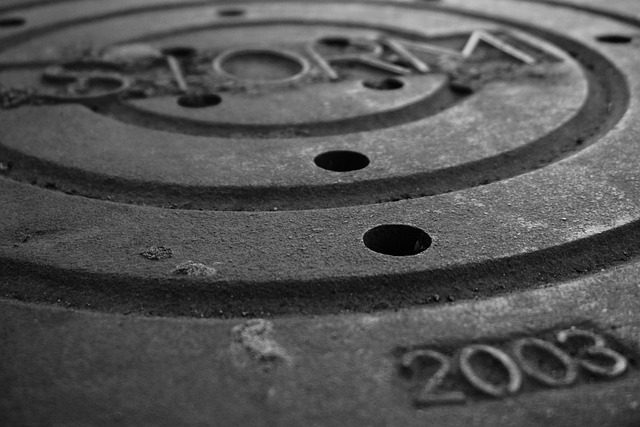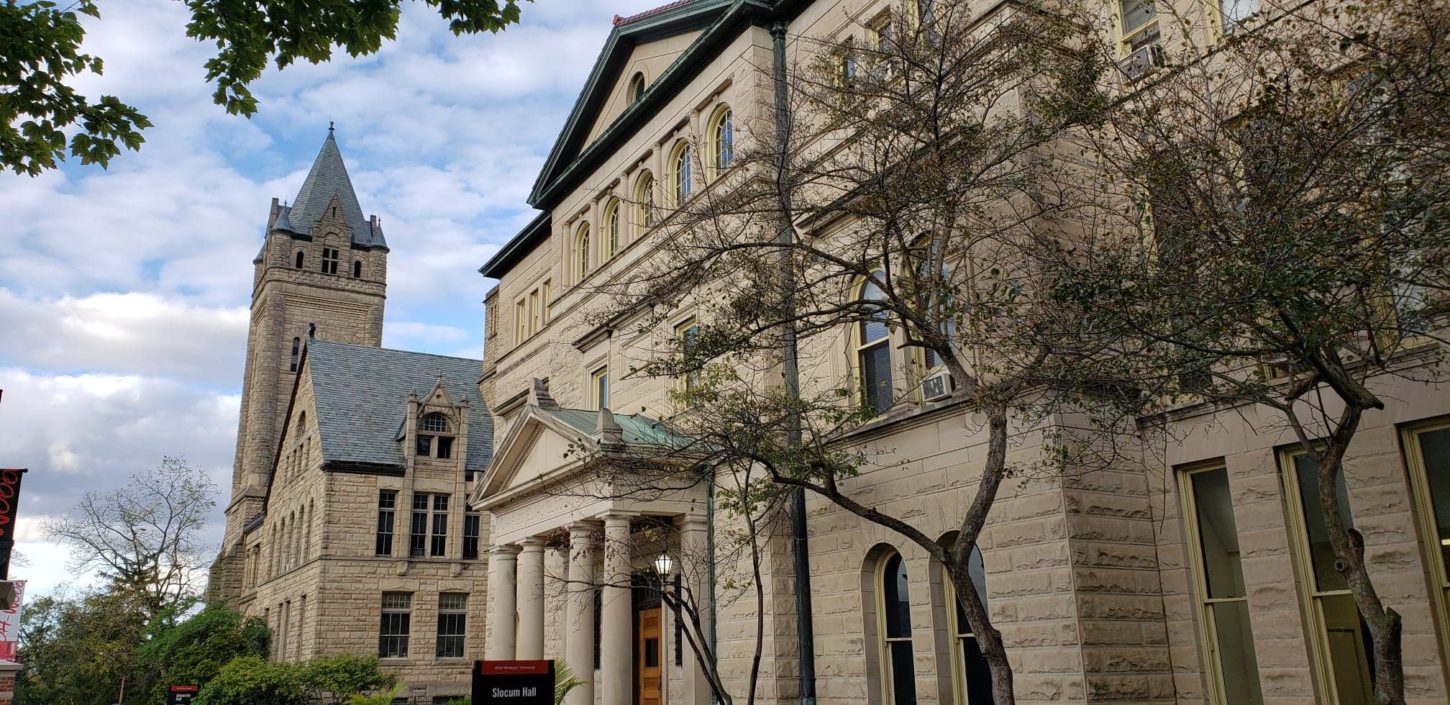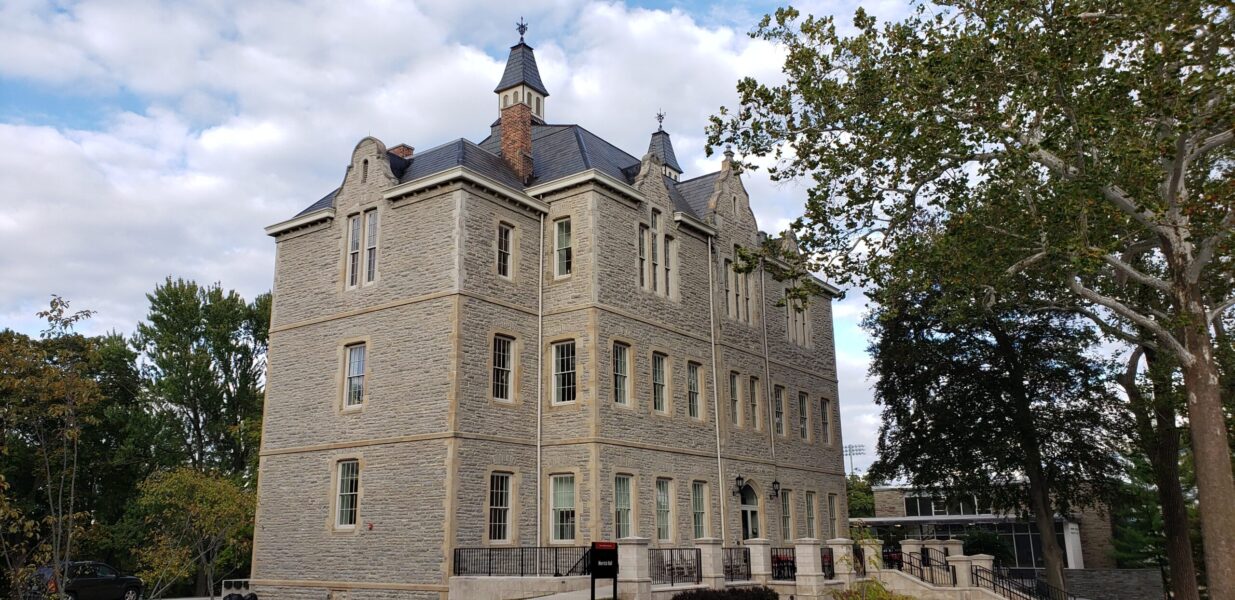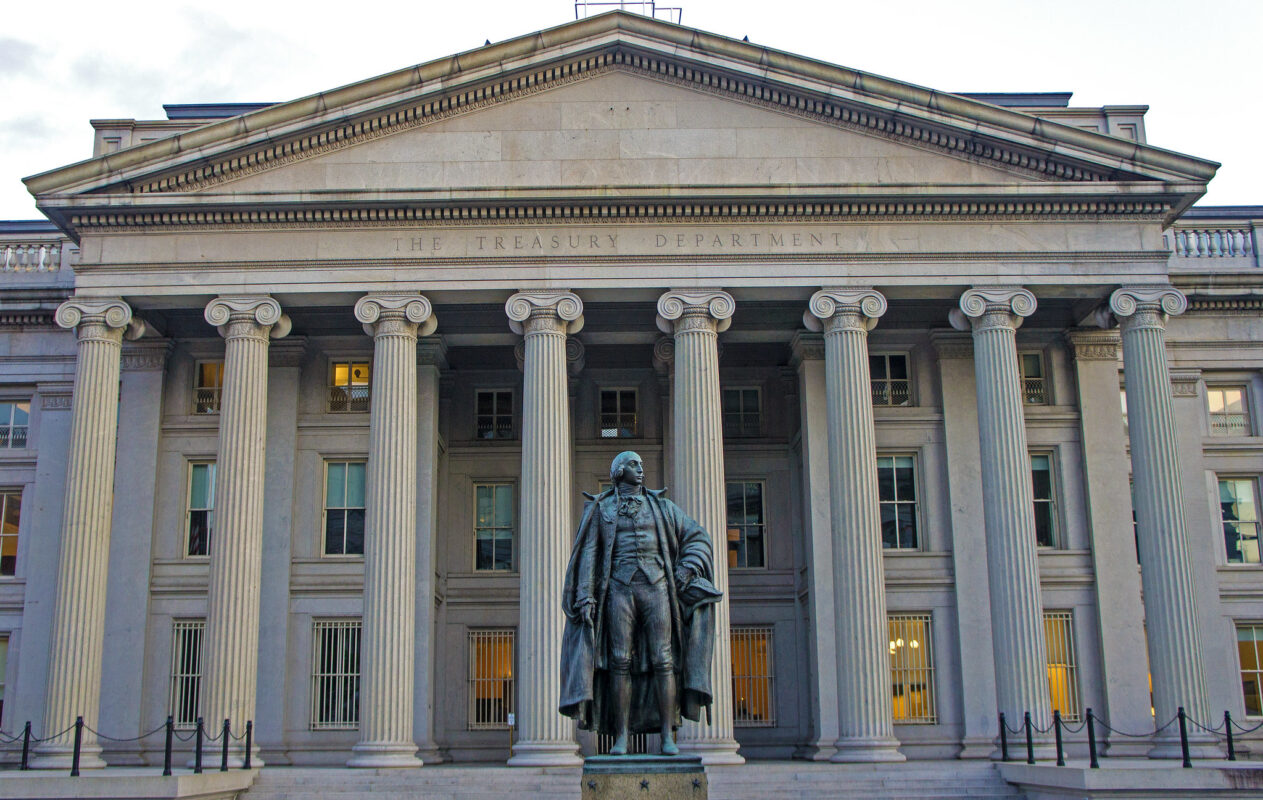By Cole Hatcher
As a high school student volunteering to clean up litter in her New York hometown, Savannah Domenech quickly realized that a coordinated, continuous effort involving lots of people was necessary to make the type of permanent, positive environmental impact she sought to achieve.
As an Ohio Wesleyan University student, Domenech, a sophomore from Webster, New York, found an opportunity to collaborate with the City of Delaware and the community to improve local water quality. This month, she is spearheading the launch of the city’s Adopt-a-Drain program that invites people to adopt storm drains and clean them regularly to prevent trash and other debris from entering area waterways.
“Be a stormwater hero – adopt a drain!” said Domenech, an Environmental Studies and Geography double-major. “Any person can agree to do a biweekly clean-up on and around a storm drain of their choosing within Delaware City.”
Those who choose to participate are improving the environment with “simple, quick actions” that will help to reduce localized flooding, improve stormwater quality, and enhance community and neighborhood cleanliness, she said.
Domenech began working on the Adopt-a-Drain project in her ENVS 110 (Introduction to Environment and Sustainability) class and has earned an OWU Connection grant to help her launch the Adopt-a-Drain program.
She is beginning the project in earnest this month by encouraging members of the OWU campus community to adopt drains to clean and maintain. In November, she plans to roll out the program to the larger Delaware community when a Stormwater Watch Quarterly newsletter will be mailed to residents with their utility bills and posters will be posted around downtown. More details and sign-up information are available online now at stormwater.owu.edu.
David Soliday, Ohio Wesleyan’s instructional technologist, was first in line to adopt a drain and help Domenech test the program’s protocols.
“I’m happy to help,” said Soliday, also a longtime member of the Sustainable Delaware environmental community group. “As an adopter, I’ll be keeping the drain clear of debris. This includes leaves in the fall, and any kind of trash or litter. I have committed to fill out a brief survey when I do, to track how much and what kind of debris I collect.
“These drains empty into the Olentangy River, which is the source of our tap water in the city,” said Soliday, who hopes others embrace the green initiative. “Excessive debris can clog the pipes, and otherwise complicate matters downstream, where the same river is a valuable resource for Worthington, Columbus, and other communities. My taking responsibility for this drain also helps raise awareness of our connection to the natural world around us.”
As people adopt drains, Domenech said, their “I’m adopted!” choices will be mapped online using the ArcGIS Online software.
Domenech’s project is being completed in collaboration with the City of Delaware’s Department of Public Utilities; Erin Wolfe, the city’s watershed and sustainability coordinator; and Ohio Wesleyan’s Department of Environment and Sustainability.









